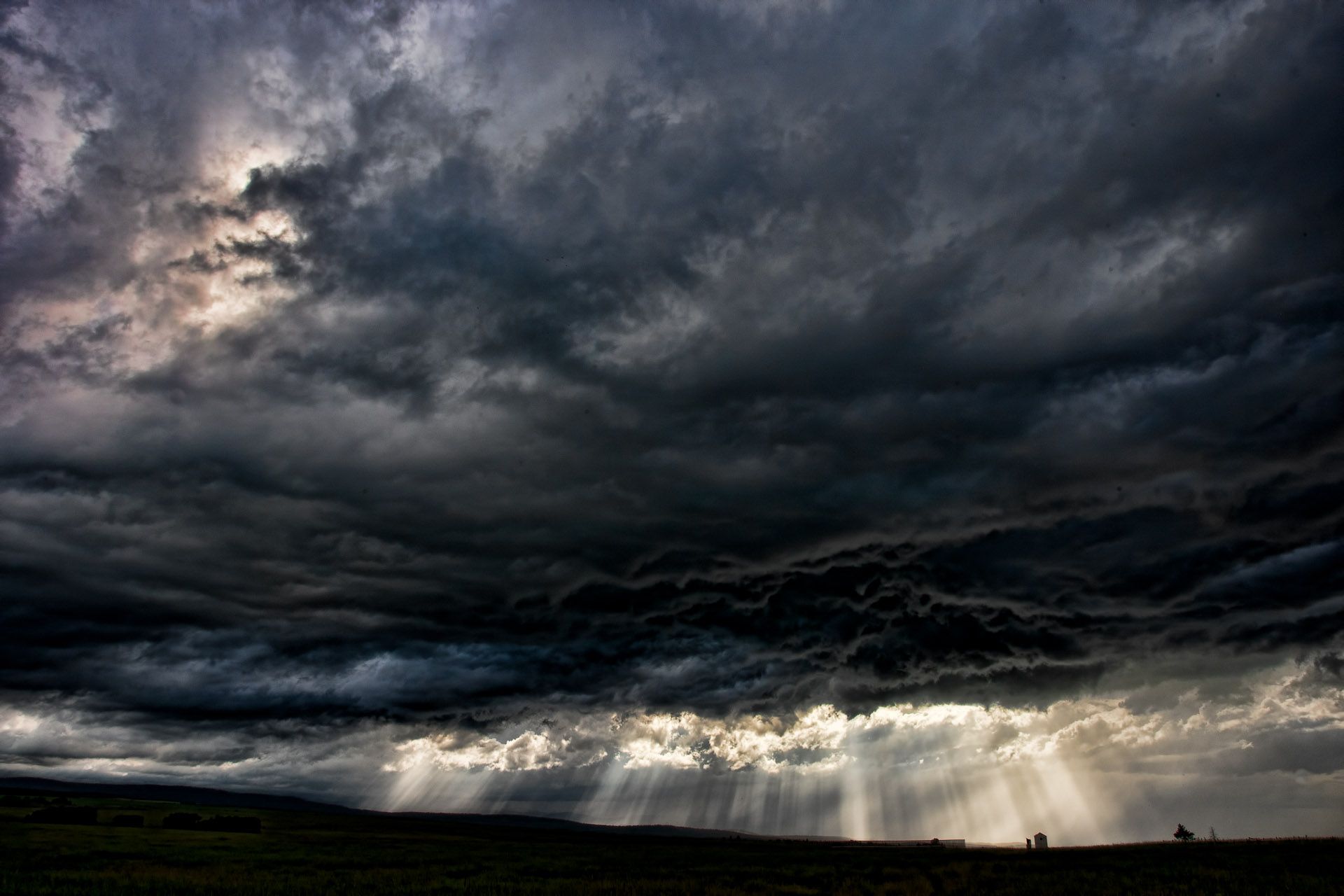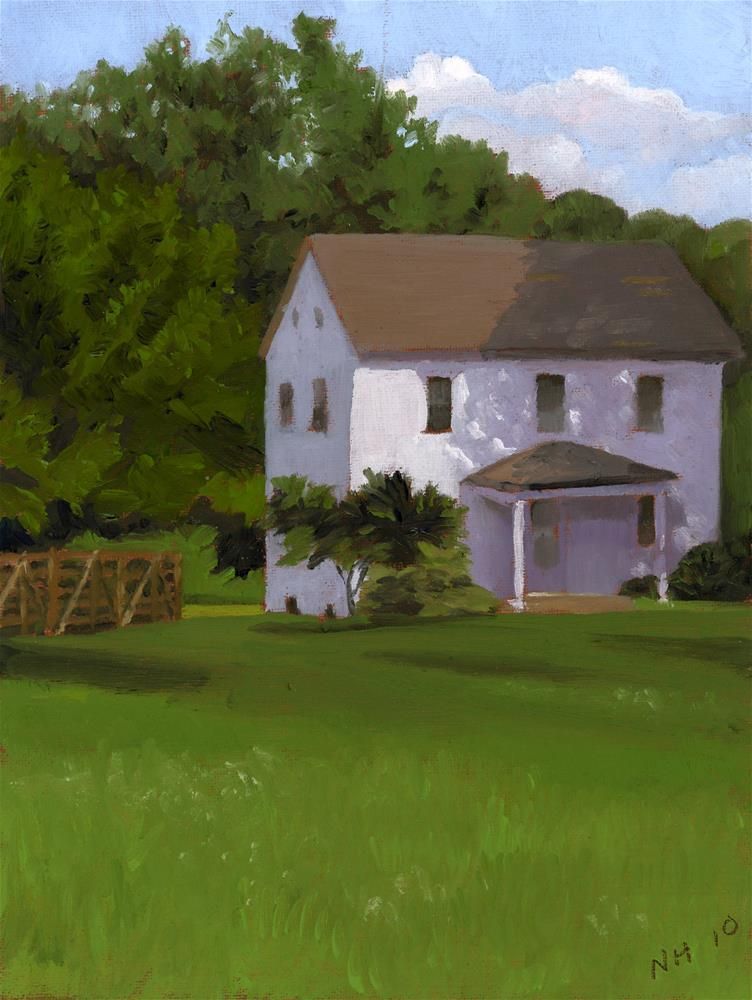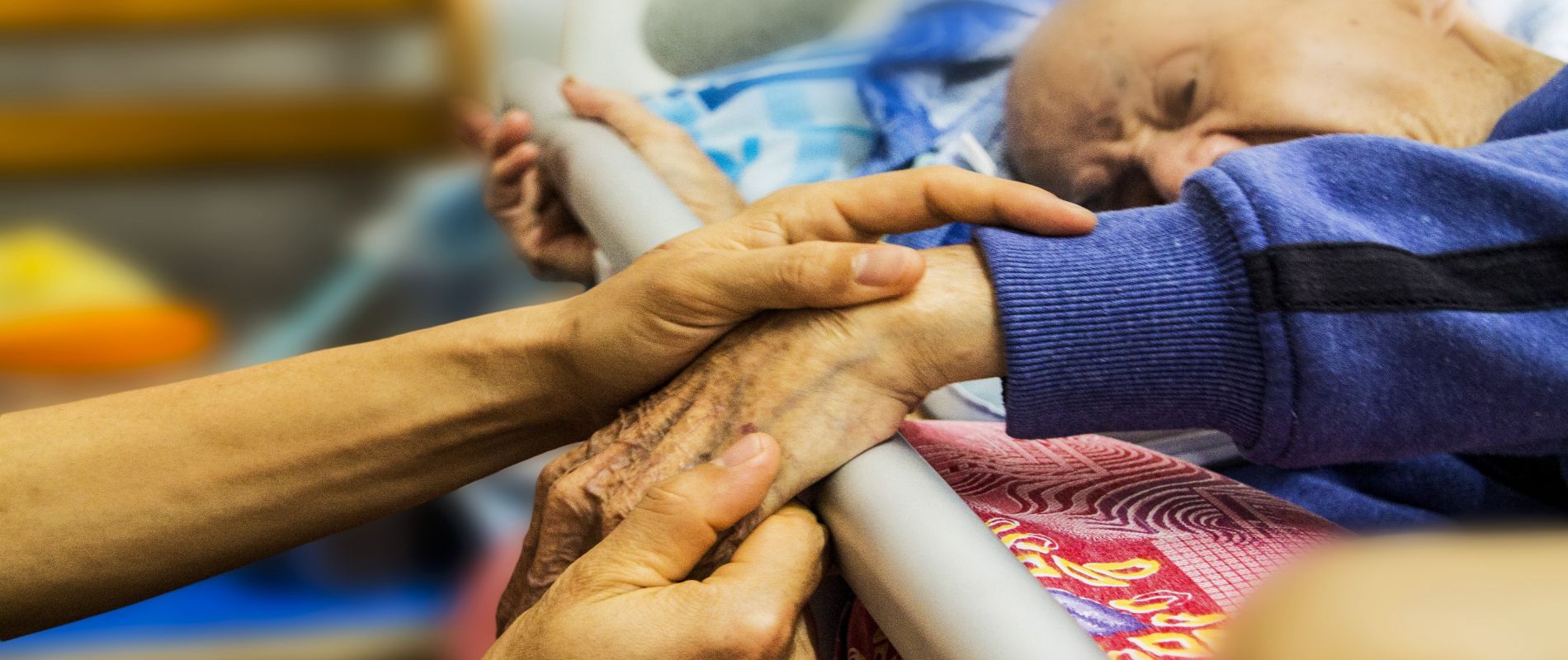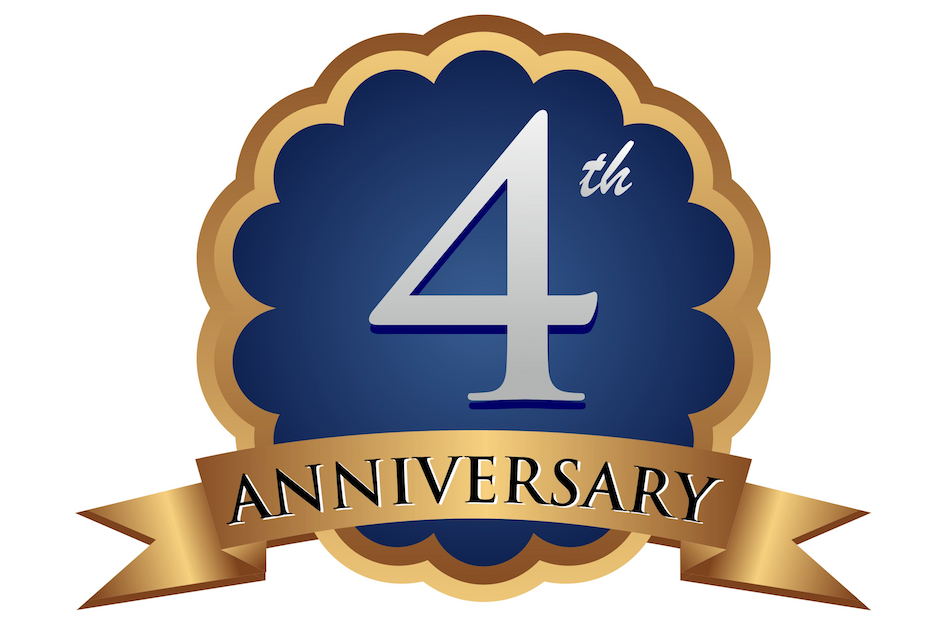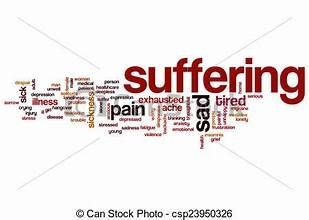We must not avoid the complexity of Mother's Day.
We must learn how to embrace it.
Then we will more fully understand a mother's love and the value of life itself.

Visit the "What's Your Grief" website (https://whatsyourgrief.com).
Eleanor Haley does a beautiful job writing about this difficult topic and I thought it best to hear from a mom, grieving her mom, on Mother's Day. So, below I share one of her blog posts on my blog.
As I interpret this article, she identifies at least one reason grieving the loss of a Mother is complex. Children, often, don't love their mother correctly.
"I’ve been writing about my grief for my mother and how it has impacted my life as a mother since May of 2013, my first Mother’s Day here at WYG. Looking back at some of my earlier articles, it’s like reading an old diary. The people described on those pages still exist, but how we were is a distant memory in many ways.
When my kids were young, everything seemed so precious and pure.
Sure, there were tantrums and epic messes, but mostly I remember sweetness, closeness, and affection. And as I savored these little moments, I often thought of my mother and how nurturing and loving she was in my earliest memories of her.
But ten years have gone by, and my kids are older now. Naturally, they’re becoming individuals and developing unique ideas about the world and who they want to be. There’s more distance, more shut doors, and I notice them tucking little things about themselves away from me. Though our love may be unconditional, their adoration is a little less unbridled. I’m now forever teetering on being cheesy, out-of-touch, or, lord forbid, embarrassing.
I fret about the change, but then I try to put it into perspective — this is normal; this is okay. Things about our relationship are gone, but wonderful new things have emerged.
And wasn’t I similarly distant, defiant, and honestly, a lot more trouble in my own teen years? I remember feeling a deep love for my mother that I couldn’t find a way to express. She always had to assume I loved and appreciated her, which I now look back on with heaps of regret.
Complex and Evolving Continued Bonds
We often talk about how comforting it is to have a continued bond with our loved ones who have died. But as Queen Elizabeth said, “Grief is the price we pay for love.”**
**Though Queen Elizabeth II popularized these words, the original source quote comes from grief theorist, Colin Murray Parks who said:
“The pain of grief is just as much part of life as the joy of love: it is perhaps the price we pay for love, the cost of commitment.“
I think this quote applies to our ever-evolving continued bond as well. The price of continuing to love someone who’s died is that you’re reminded quite often just how tragic it is that they’re gone.
You also may find yourself stumbling over new questions and realizations that you can’t revisit with them. Though it’s worth it to keep loving the person, realistically, having a continued bond may look like oscillating between finding warmth in your connection and discovering new pain points and secondary losses.
I think about my mom a lot these days. Maybe even more so than in recent memory. As I struggle to navigate this new chapter as a mother, I begin to look at my mother and our relationship through a different lens. And I see that as my relationships with my daughters change, so does my bond with my mother.
Sometimes I find pain.
For example, I’m suddenly asking myself new questions. Sometimes, I even wonder what my mom thought of me in my young-adult years. How did she feel when I shut her out? Or when I made choices she didn’t agree with? Did I hurt her feelings? Or did she dismiss my behavior as part and parcel of my stage of life? Though I know she always loved me, I don’t actually know if she like-liked me, which is a thought I only allow myself to consider for a few seconds before I self-combust.
And sometimes I find positive.
I’ve discovered more positive things in our expanding bond as well, though. As I navigate my changing relationship with my daughters, I think I better understand some of what my mother was going through as a parent to six children. I can finally fully appreciate her patience and unwavering care towards our teenage angst, even though I know that must have been hard at times. I wish I could tell her how much I appreciate her, but I can’t. So instead, I think of her during times of stress and worry and remind myself to give my children the grace and compassion she gave me.
As I go through life, I learn that our continued bonds with people who have died straddle two parallel timelines. There’s the path you walk with them in the present, and there’s the path you revisit walking with them in the past.
Though you may find beautiful treasures on both timelines, you may also discover new questions and things you wish were different. Your relationship with them was complex in life, and so it makes sense that it should remind multifaceted and dynamic in death.
To my children, if you ever find this article. I have loved every stage of your life, and that’s why I mourn to see them pass, but at the same time, I treasure each new one that comes. Perhaps my mother’s death has made it so I’m always a little sad because it reminds me of how quickly this can all pass by, and if I had it my way, I’d be here to walk with you through life forever. I know, I know- awkward, cringe- but I had to say it. MAY 10, 2023"
In another poignant story, take time to listen to my wife's tribute to her mother as she shares her grief story on my podcast, "Who Cares? with Dan Hettinger (wherever you listen to podcasts).
The picture comes from another article on Mother's Day Grief. 5 Tips for Coping with The Loss of a Mother This Mother's Day (psycom.net). There are a lot of Mother's Day resources online. Clearly, a lot of people are celebrating and feeling pain.
I hope these resources help you relate effectively during the complexity of Mother's Day so that you are equipped to offer the best care.

